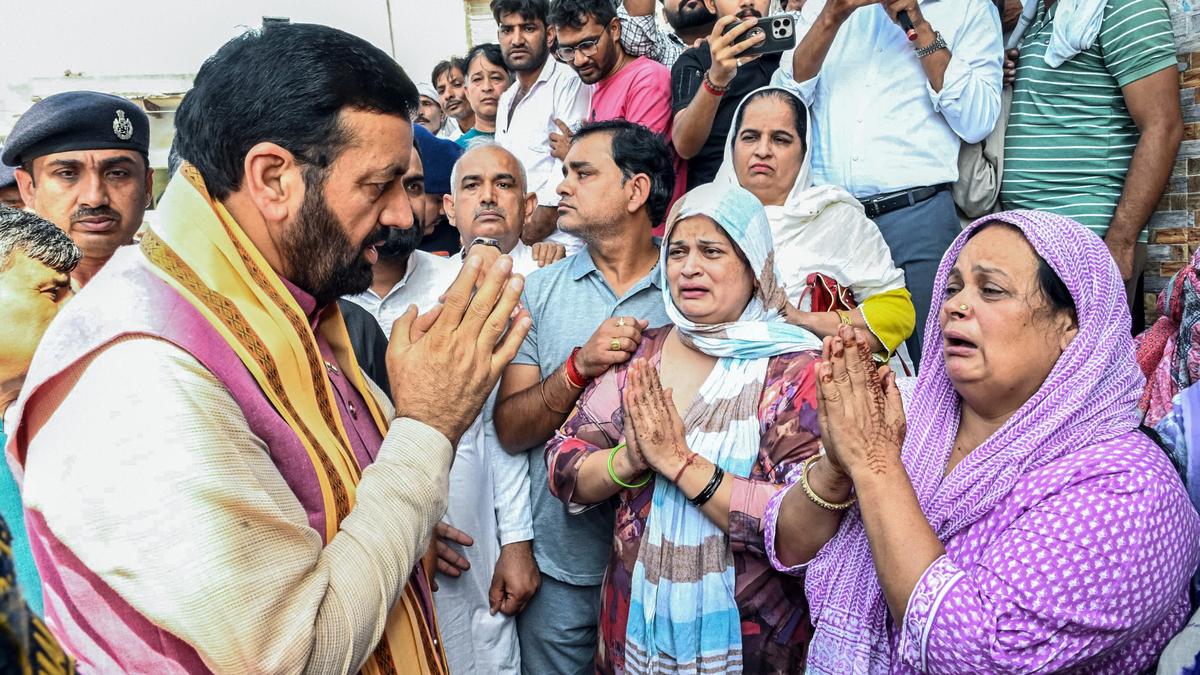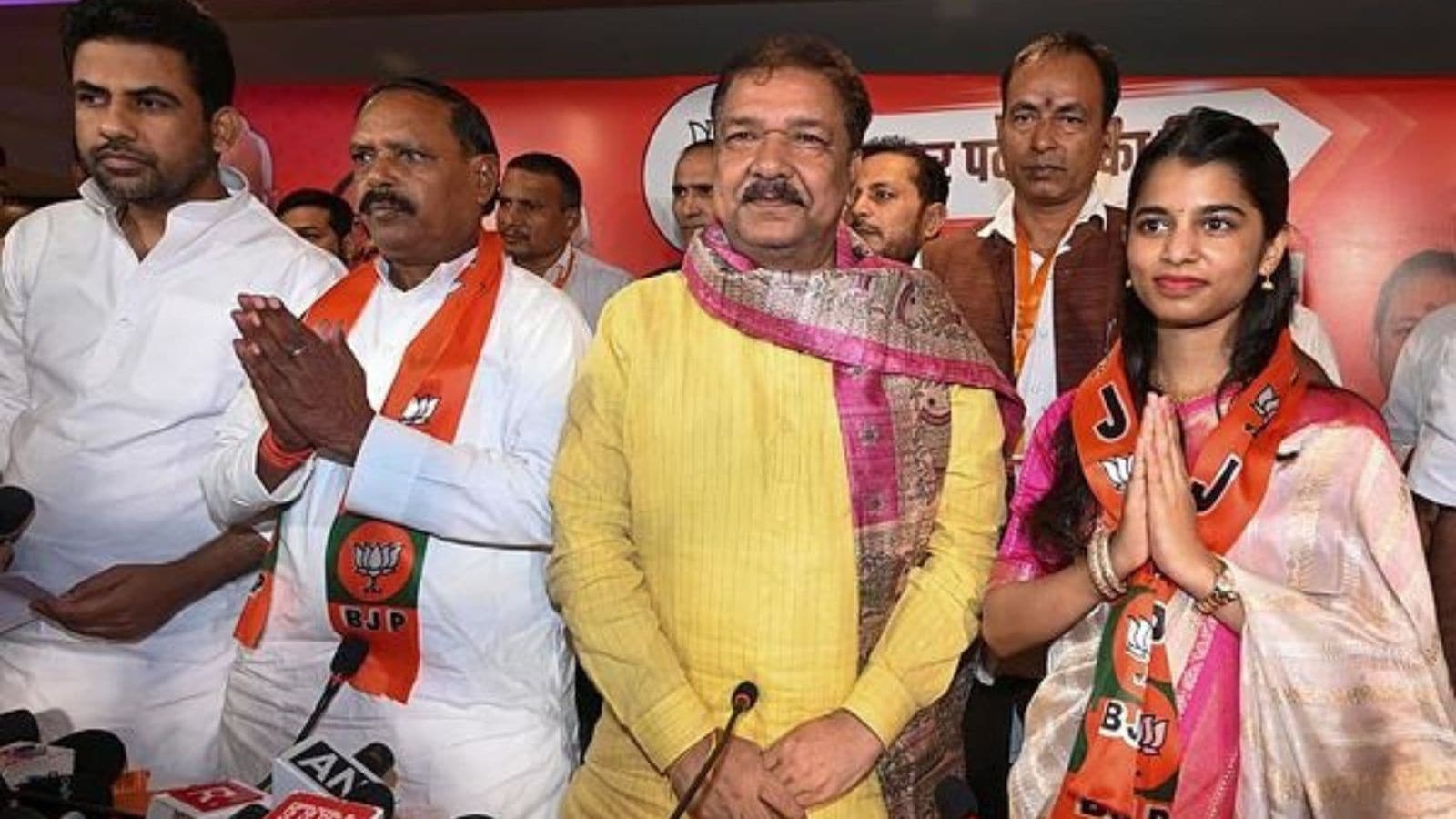The Central Information Commission has directed Southern Railway to share the income details of an employee with his estranged wife who had sought the information to pursue a maintenance case.
After the Public Information Officer refused to provide the last salary drawn details of the employee, a Senior Section Engineer, saying that the information was exempted from disclosure as it belonged to a third party, the petitioner filed an appeal before the CIC.
Claiming that her husband had deserted her due to a matrimonial issue and a divorce case was pending in a Family Court in Chennai, the woman said the last drawn pay of the official was required to support her interim maintenance petition. She also wanted a copy of her husband’s community certificate to apply for the same category for their daughter.
Exempted from disclosure
When the case came up for hearing, the PIO maintained that the appellant’s petition was examined and she was informed that no information could be furnished since the details related to third party as specified under Section 11 of RTI Act 2005. Such information was exempted from disclosure under Section 8(1)(j) and 11 of the Act. Also, the PIO said, the third party (husband of the petitioner) had not agreed to share the information with her.
After hearing both sides, Central Information Commissioner Vinod Kumar Tiwari said that the Commission had dealt with cases bearing the factual matrix of a spouse seeking the salary slip of another in pursuit of a matrimonial dispute and the stance that had been maintained by it so far had been that the information sought for in the RTI Application pertained to the personal information of a third party and duly exempted under the provisions of the Act.
However, after referring to a judgement in the Supreme Court of India versus Subhash Chandra Agarwal case, in 2010, he directed the PIO to provide the “generic details of the net taxable income/gross income” of the estranged husband. Before that, the public authority should ensure that the petitioner is the legally-wedded wife of the official and also that a matrimonial/maintenance case was pending in the concerned court.

 2 hours ago
5
2 hours ago
5









 English (US) ·
English (US) ·